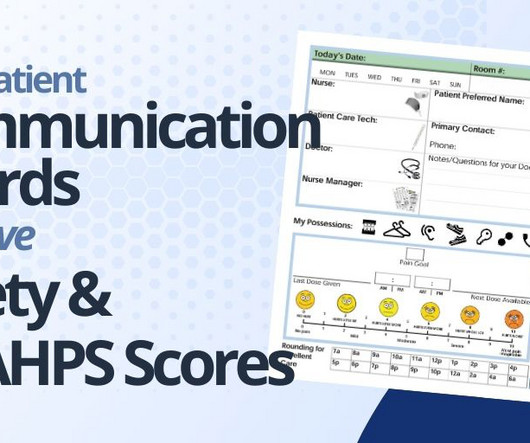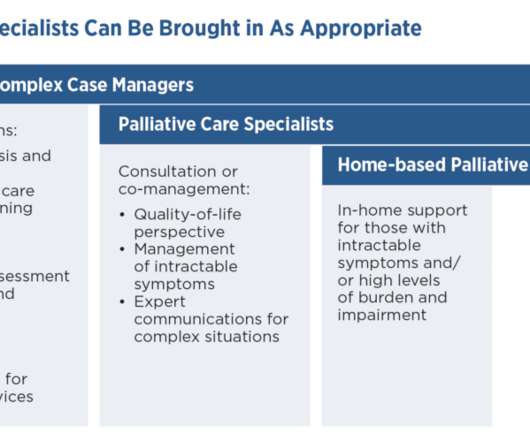Unlock efficiency and quality of care with Microsoft Cloud for Healthcare Care management
Cloud Blogs
AUGUST 2, 2023
An unprecedented amount of data exists in healthcare. Care management in healthcare involves a complex web of patient information, communication, and manual processes that without integration can hinder the delivery of efficient and coordinated care. Figure 1: Care management patient summary page.














Let's personalize your content